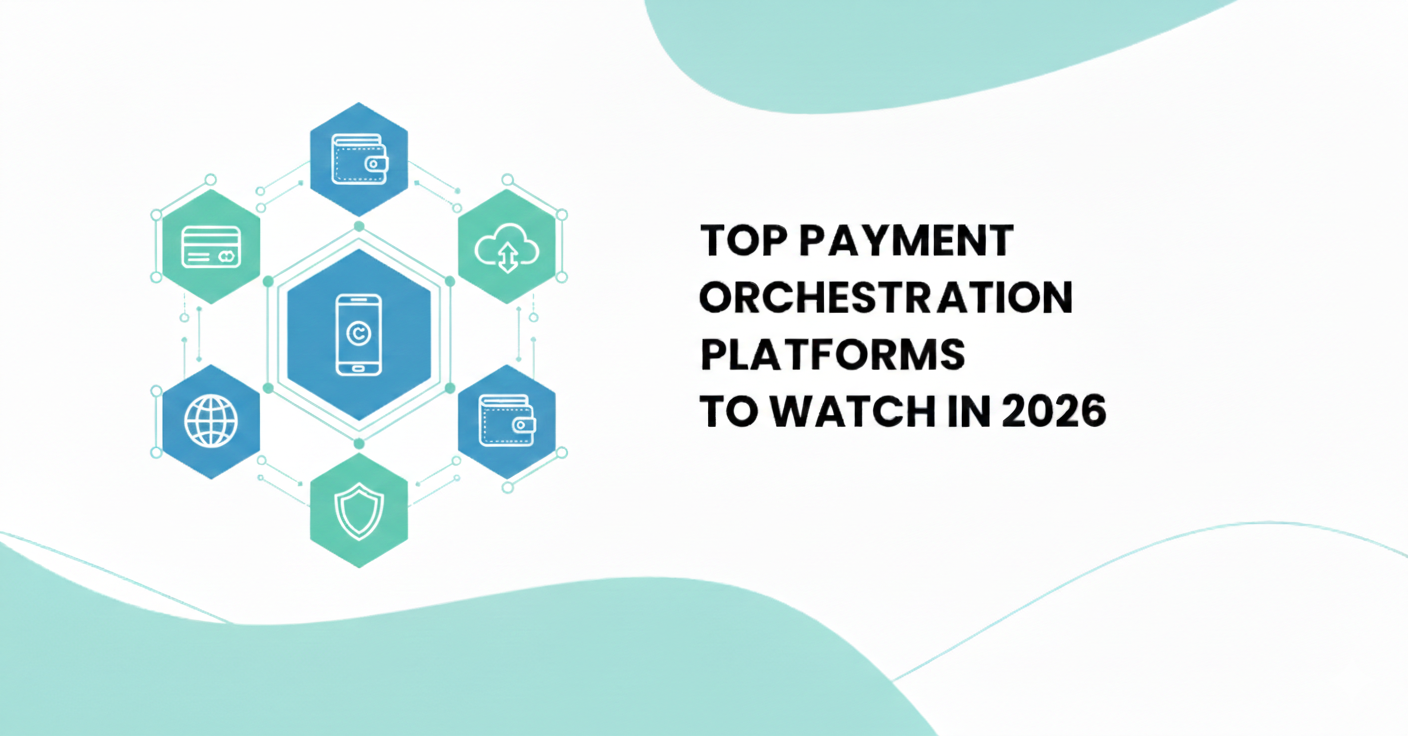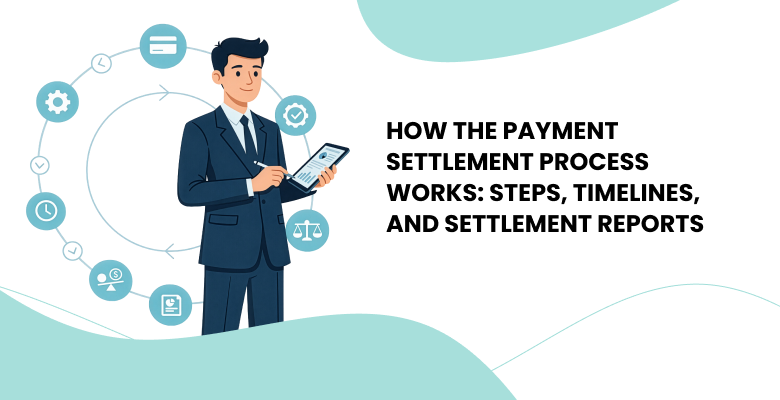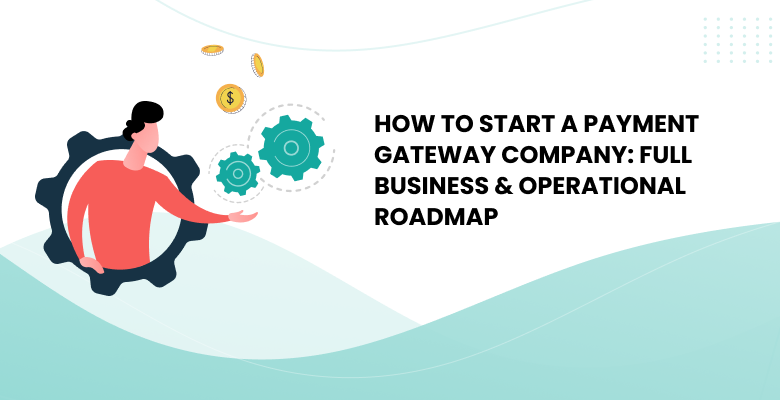LPB Bank was launched in 2008 in Latvia. It was called Latvijas Pasta Banka at that time. In 2017, the bank rebranded as LPB. It was called a non-resident bank as the largest part of its clients live outside the country. The bank focuses on e-commerce, business finance, brokerage, and fintech solutions.
LPB Bank offers a solution that empowers the needs of businesses. The platform features a simple API integration to connect to the payment infrastructure directly and securely.
LPB Bank benefits
LPB provides attractive terms for businesses that actively use card terminals. It is possible to rent a mobile stationary terminal at the point of sale. Merchants using the service can enable their customers to pay for services and goods from any place in the world.
The bank offers Visa, MasterCard, and Apple pay acquiring. The bank has an addressable BIC in SEPA, so it is possible to employ the STEP2 system through the own addressable BIC to get and send SEPA payments.
LPB Bank merchants’ equipment
The equipment of the two brands is employed for merchants who connect to the service. These are Verifone and Worldline. Choosing Verifone, merchants can get V240M mobile POS terminal and P200+V200 stationary. As for Worldline, YOXIMO mobile POS terminal, YOMANI stationary POS terminal, and VALINA self-service POS terminal.
Merchants can choose the best equipment depending on their necessities. For instance, Verifone V240M mobile POS terminal is preferable for off-site sales, public catering, eateries, and all kinds of food services. These terminals are equipped with Wi-Fi but they don’t have an Internet connection (Ethernet), Bluetooth, and 4G. They are also not integrated with cash registry systems APIs.
Verifone P200 +V200C stationary POS terminals are good for SMEs (small and medium-sized enterprises) at physical points of sale. The terminals have an Internet connection but lack such features as WiFi, Bluetooth, 3G, and 4G. There is also no integration with cash registry systems APIs.
Worldline YOXIMO mobile POS terminal is the best option for the hospitality industry or such venues as outdoor cafes, restaurants, deliveries, and mobile sales. Due to the specifics of the service it provides, the set of features for these industries includes Internet connection (Ethernet), WiFi, Bluetooth, 3G, 4G, and integration with cash registry systems APIs. The equipment can also accept prepayment and gift cards.
Worldline YOMANI stationary POS terminal is selected for high traffic retail sales. It doesn’t have Bluetooth and 4G, but the basic features mentioned above are available.
And Worldline VALINA self-service POS terminal is the best option for different types of vending machines whether these are gas stations, transport fare, or ticket sales, etc. Opposing to the devices mentioned above, this equipment doesn’t offer a high-speed printer, along with Wifi and Bluetooth. However, it features 3G, 4G, cash registry system APIs integration, and an Android operation system.
How to connect to the service
Those who want to get a terminal should have a current account with LPB bank. The merchant should contact the company to be connected. The application form includes such fields as company name, registration number, the name of company representative, phone, email, and the field for the message. The pricing differs depending on the origin of merchants. Different rates apply to domestic merchants, members of EEA, and foreign legal entities. Local merchants have to pay 50 EUR to open an account, while the rest have to pay 350 EUR. Over 100 currencies are available for processing.
The application sent by the merchant is processed within 3 days. The merchants can offer the service of POS terminal operations in several Baltic countries such as Estonia, Latvia, and Lithuania.










